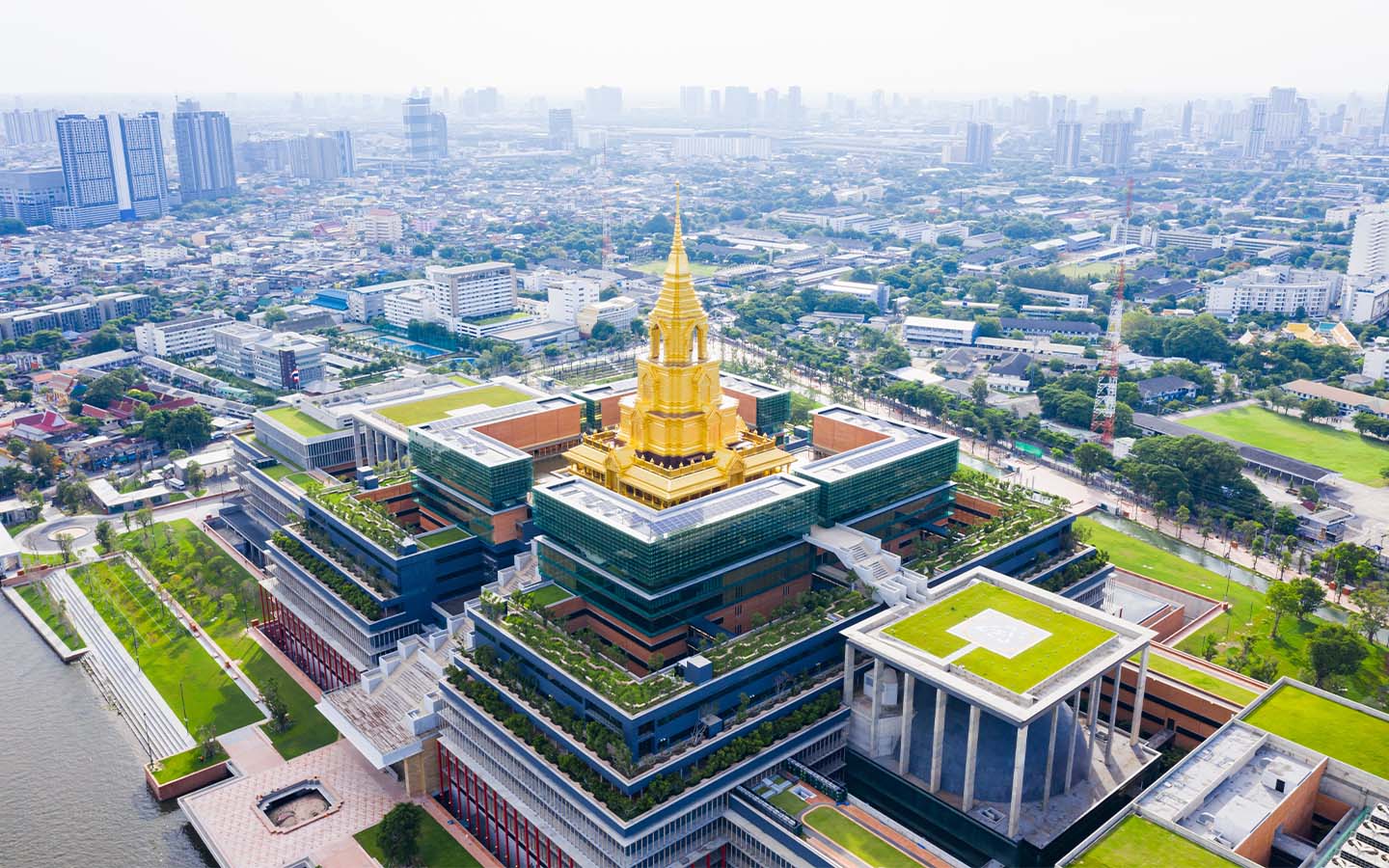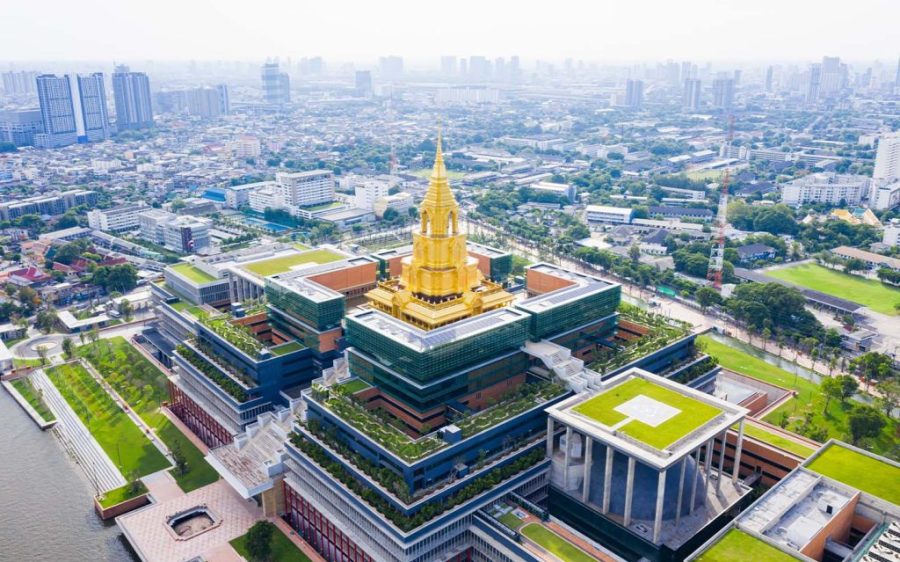Thailand’s Senate has voted down a draft bill to establish Macao-style “integrated resorts” – as complexes featuring casinos are known – in the kingdom. Senators cited fears of high costs, social harm and national security risks, the Bangkok Post reports.
Earlier this month, the kingdom’s new prime minister said he would not allow casinos in Thailand while he was in power. Anutin Charnvirakul – a vocal critic of gambling liberalisation – took office on 5 September, following the ousting of Paetongtarn Shinawatra. Thailand’s parliament is also set to dissolve in four months under a political agreement between the ruling coalition and the opposition People’s Party.
The controversial Entertainment Complex Bill had been introduced under Paetongtarn as a way to stimulate the economy. However, on Tuesday, a special senate committee unveiled its report concluding that casinos could increase money laundering risks, erode public trust and deliver limited economic benefit compared with their social cost.
[See more: No casinos under my watch, says new Thai Prime Minister]
At its presentation, the committee said that any future attempt to legalise casinos should be subject to a nationwide referendum. The committee also suggested exploring alternatives such as casino-free entertainment complexes, restricted-access gaming zones for tourists, or strictly regulated online platforms.
Several senators have warned of creeping normalisation of gambling in Thailand, citing recent government initiatives like reclassifying poker and expanding lotteries. Senator Sitthikorn Thongyos urged the complete withdrawal of the bill by the incoming Bhumjaithai Party-led administration
The Entertainment Complex Bill was initially approved in principle by the cabinet on 13 March, but its progress was fraught with delays and its content was considered controversial by much of Thai society. The bill was shelved in July due to concerns from the Finance Ministry’s concerns along with what government spokesman Jirayu Houngsub called its “broad social implications.”






